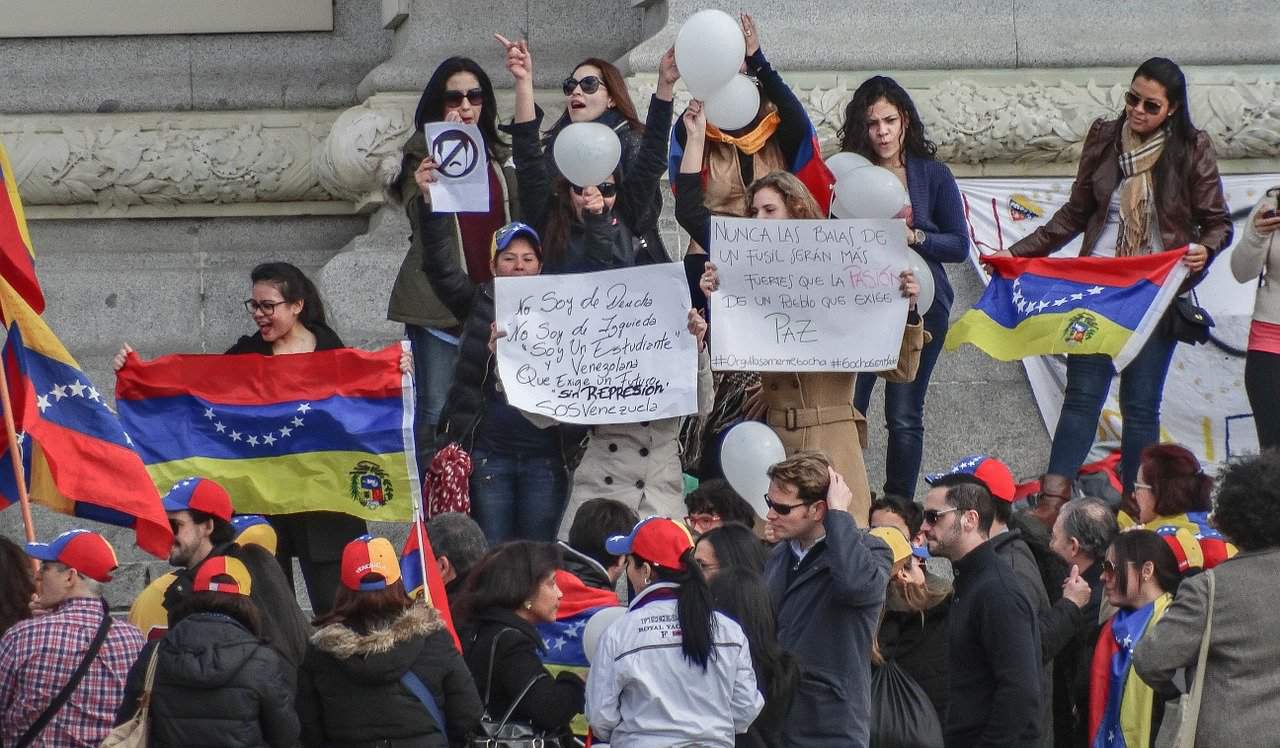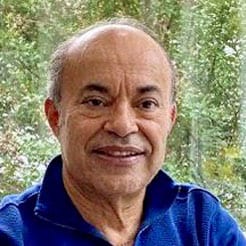
The Venezuela Challenge
As Joe Biden assumes the Presidency of the United States today, one of the most complicated foreign policy problems he faces is that of Venezuela. The country continues to sink into what is perhaps the worst humanitarian crisis the Americas have known in modern times. This crisis has forced more than 6.5 million* of its citizens to migrate, affecting the stability of neighboring countries. In addition, the current regime of Nicolás Maduro has been acquiring an increasingly criminal character – not only due to the numerous human rights violations it commits, but also its complicity with diverse illegal activities, such as drug trafficking and armed guerrillas in neighboring Colombia.
Furthermore, Venezuela has become a chess piece in the international confrontation with enemies of democracy, such as Russia, China, Iran, and Cuba. For his part, Maduro is betting that with the arrival of President Biden in the White House, the United States will take a more conciliatory approach, sanctions imposed on his regime by the Trump administration will be lifted or eased, and “dialogue” will be promoted as the primary solution to the crisis. This type of dialogue has been tried several times before. Maduro knows well how to manipulate it to reassure the international community of his good intentions, while he buys time and retains power.
Given the ongoing challenges, here are ten suggested lines of action for dealing with the Venezuelan crisis:
- Capitalize on the bipartisan support the Venezuelan cause has had in the United States. The incoming administration has repeatedly expressed its desire to work with both sides of the aisle. This is a good opportunity to do so. From its very beginning the new administration should try to keep Republican as well as Democratic congressional leaders involved in decisions regarding Venezuela.
- Capitalize on the desire of the international community to expand multilateral activity with the United States. Around 60 countries, including some of the largest democracies in the world, have been searching for ways to help with the restoration of democracy in Venezuela. That makes this topic a good candidate for revitalized and effective multilateralism. A first step would be an assessment of the different strategies allied countries have pursued on the matter so that a more integrated and common approach can be initiated.
- Make sure to include the Venezuelan crisis in policy formulation towards Russia, China, Iran, and Cuba. The solution to the Venezuelan problem may rest to some extent in negotiations carried out with these countries.
- Ensure that the U.S. special representative for Venezuela, if that figure is maintained, has the necessary stature and power to effectively coordinate plans and actions with all relevant actors and agencies of the federal government,
- Thoroughly evaluate the various sanctions imposed so far by the U.S. government on Venezuela to determine which ones have worked. More importantly, make sure that whichever ones are left in place, or new ones imposed, are part of a comprehensive strategy where the end game is well defined. The incrementalistic approach to sanctions has not seemed to work.
- Carefully review all attempts at dialogue that have been made between the opposition and the Maduro regime before proposing new ones. It is essential to understand the reasons why they have failed and why broad sectors of the opposition are extremely skeptical of these mechanisms.
- Consider becoming a facilitator for greater unity in the Venezuelan opposition, whose effectiveness has recently been diminished. Its key actors see the United States as their main international ally in the struggle for democracy in the country.
- Expedite economic assistance to the government of Juan Guaidó. The U.S. government has provided some support to the Venezuelan interim government, but that assistance has faced bureaucratic obstacles. At this juncture this action is critical given the extreme pressure the interim government is under from the Maduro regime.
- Explore the possibilities of incorporating the diaspora of Venezuelans in the United States in the fight for the reestablishment of democracy in their country. This is a highly engaged community that can help to validate and enhance policies and initiatives undertaken in this regard.
- Evaluate the assistance programs for the Venezuelan population formulated by the U.S. Agency for International Development to effectively involve more civil society organizations. This should help to make these programs more effective and strengthen organizations so vital to Venezuela’s future.
*United Nations Refugee Agency
- About the Author
- Latest Posts
Gerver Torres, senior adviser on Latin America to ME&A, is an economist; research associate to the Gallup Organization; senior associate at the Center for Strategic and International Studies (CSIS); and director of “Leadership and Vision,” a Venezuelan NGO dedicated to the strengthening of democracy. He is also the former Minister of Privatization in Venezuela and author of “The Third Wave of Privatization,” “Municipal Privatizations,” and “A Dream for Venezuela.”



